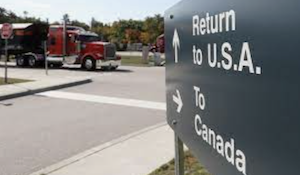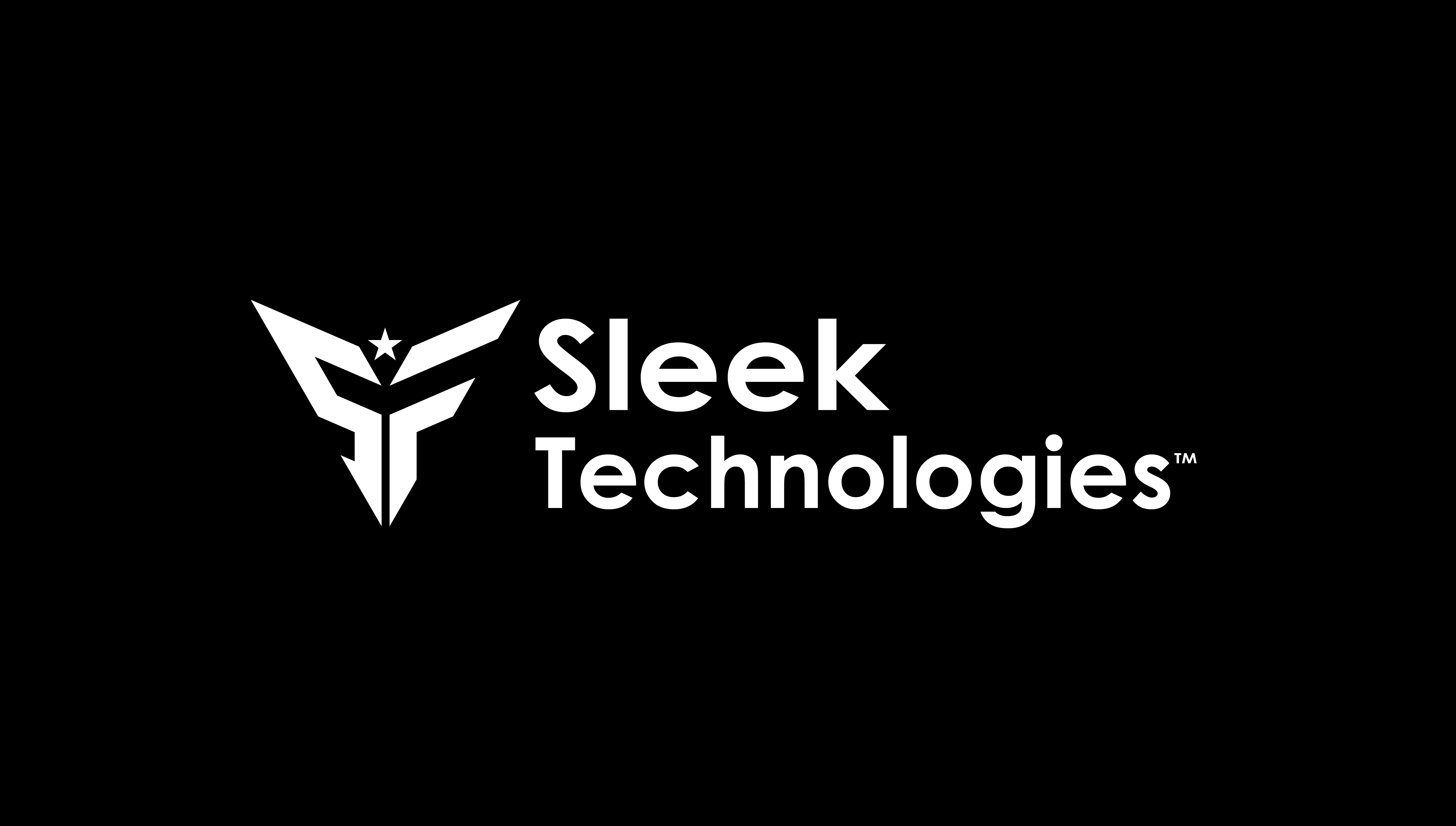


Best Ways for Shippers to Manage Customer Relationships
What would freight management be without the relationships that shippers have with their customers? The last two years have underscored just how important maintaining customer relationships can be, as customers have had to scrutinize every dollar and the ROI they are receiving in a way they haven’t before. With that in mind, here are a few things shippers can do to best maintain their relationships with customers. Be trustworthy Trust is the most important aspect in any relationship, whether professional or personal. For shippers and customers, this means sharing as much information as they possibly can so that customers feel as if they have a reliable shipping partner – even if things become disrupted and delayed. Real-time transparency Tying into the idea of trust is the idea of transparency. From pricing to OTD, freight procurement has been plagued by transparency issues for decades. And as customers become more accustomed to real-time insights in other areas of their business, they are becoming less tolerant of delayed and vague transportation/ shipping reporting. Therefore, shippers need to adopt technology and processes whereby they can deliver clear feedback at a moment’s notice. Prioritize OTD Freight procurement in years past has become resigned to the fact that OTD mishaps will happen. But with the historic supply chain crunch, demand from customers for OTD success has reached a whole new level. Hitting OTD marks is just good business in freight procurement. And if you can’t do it, there is no shortage of alternate freight options for customers to pursue. Thus, shippers need to find innovative solutions to overcome capacity hurdles, while balancing cost with service. Otherwise, their customer relationships will likely suffer.
Sleek Unveils 2022 State of Freight Procurement Report
2021 was one of the most challenging for shippers yet, and set the stage for an equally hectic 2022. And with that, so many questions remain top-of-mind for shippers. For example: how has COVID impacted the space? What will technology adoption look like in 2022? And is the industry in a better place operationally than it was pre-pandemic? These are just a few of the questions we looked into as part of the 2022 State of Freight Procurement Report. Polling over 300 senior logistics decision-makers – from C-Suite to VP/Director levels – at shippers with over $100 million in annual freight spend, this year’s report dug into some of the key factors that are top-of-mind for the freight procurement industry – ranging from freight spend to technology adoption. Key findings include: Nearly All Shippers Will Increase Freight Procurement Budgets in 2022 According to the research, 97% of shippers say they plan to increase their freight procurement budgets in the wake of COVID with hopes of being able to better manage capacity, increase agility, bolster cost management and deliver better overall results. Furthermore, of all respondents, 52% are expected to increase their freight procurement budget by 25% or more year over year. Nearly All Shippers Invested in Freight Procurement Upgrades Since the Pandemic Began In addition to increasing freight spending in 2022, per the study’s finding, nearly all shippers (96%) have invested in new technology or strategies to help boost freight procurement performance as a result of COVID-19, with 95% saying their freight procurement operations have either “significantly improved” or “somewhat improved” since the start of the pandemic. Automation a High Priority Bolstering...
STUDY: 97 Percent of Shippers Set to Increase Freight Procurement Budgets In 2022
New research from Sleek Technologies details key trends in freight procurement following last year’s supply chain disruptions Chicago, IL – January 19, 2022 – Sleek Technologies, the leader in freight procurement automation, today announced the release of its 2022 State of Freight Procurement Research Report. The study – which polled 300 senior logistics decision-makers across the C-Suite, SVP and VP / Director levels at manufacturers, retailers or distribution centers with an annual freight spend of $100M+ – delved into the most pressing freight procurement issues, concerns and trends brought on by the COVID-19 pandemic that will remain top-of-mind in 2022. “COVID-19 has fundamentally changed the way the entire logistics industry operates – particularly when it comes to freight procurement,” said Mike Nervick, CEO and Co-Founder of Sleek Technologies. “From sky-high rejection rates and costs to navigating the increasingly murky spot market, the pandemic and supply chain crisis have been one of the most disruptive periods in the history of freight procurement. This research helps to illuminate the issues and trends that some of today’s biggest shippers are keeping in mind as we try to work through the pandemic in 2022.” Below is an overview of the study’s key findings: 97% of Shippers Plan to Increase Freight Procurement Budgets in 2022 According to the research, 97% of shippers say they plan to increase their freight procurement budgets in the wake of COVID with hopes of being able to better manage capacity, increase agility, bolster cost management and deliver better overall results. Furthermore, of all respondents, 52% are expected to increase their freight procurement budget by 25% or more. “These findings illustrate just how competitive...
3 Biggest Data Questions for Customer Teams
Customer relationships are so integral to the operations of freight procurement today, especially during such a highly competitive time like the COVID-19 era. And as the new year begins, now is the time for shippers to take a step back and assess their customer relationship operations and where improvements can possibly be made. Here are three questions shippers should ask in order to properly gauge their customer success operations for the year ahead. Are we losing accounts due to late deliveries (poor OTD)? Late deliveries and poor OTD can easily fracture a customer relationship, so constantly assessing OTD outcomes is a must. This feeds into a parallel question, which is do we have the insights we need to properly identify why OTD targets are not being met and what can be done to fix it? If the answer is no, then companies need to seriously consider swapping their current processes for an infrastructure that provides them with the oversight and data they need. Which customers cost too much to service? Balancing customer relationship costs with general financial success metrics can be tough. Therefore, shippers need to look closely at how much it costs to service each client and figure out ways to better optimize their relationship without sacrificing a quality experience. Granted, there will always be fluctuations, but forensic analysis of each customer can give shippers a better understanding of the marketplace and identify potential oddities and sticking points they have perhaps overlooked previously. Why do some customers cost more than others? On a related note, it’s important to look not just at which customers cost too much, but also the reasons...
